Banglar Bir
SENIOR MEMBER

- Joined
- Mar 19, 2006
- Messages
- 7,805
- Reaction score
- -3
- Country
- Location
Arundhati Roy talks about Indian hypocrisy on Kashmir, Manipur, Nagaland and other separatist movements in India.
Follow along with the video below to see how to install our site as a web app on your home screen.
Note: This feature may not be available in some browsers.






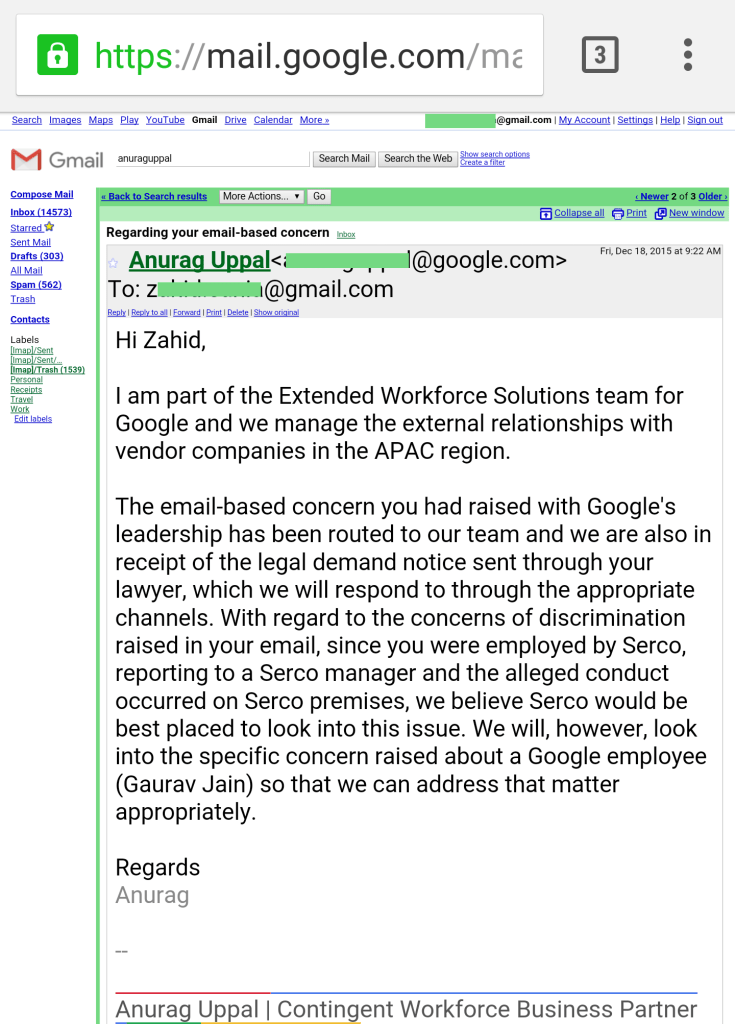
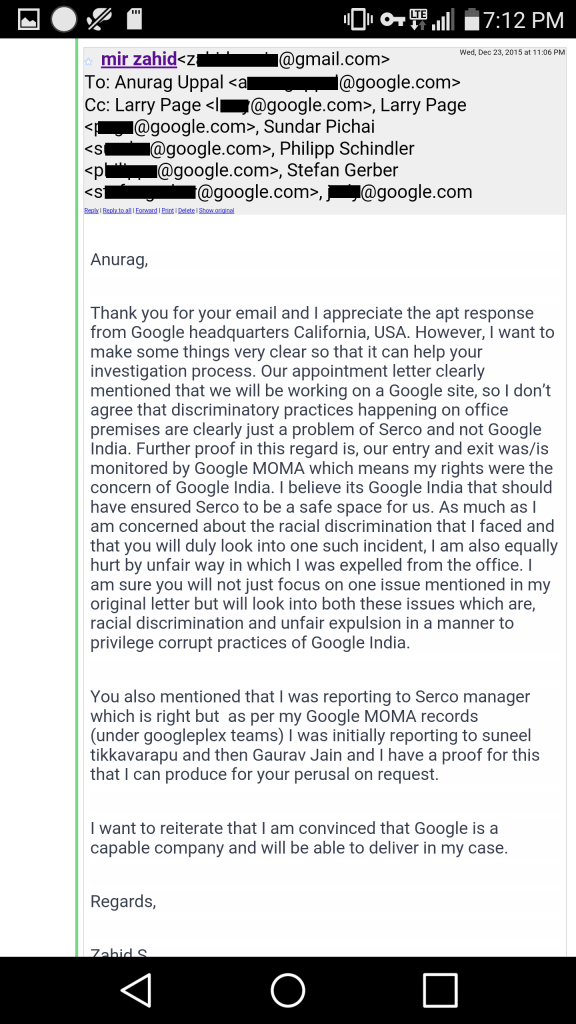
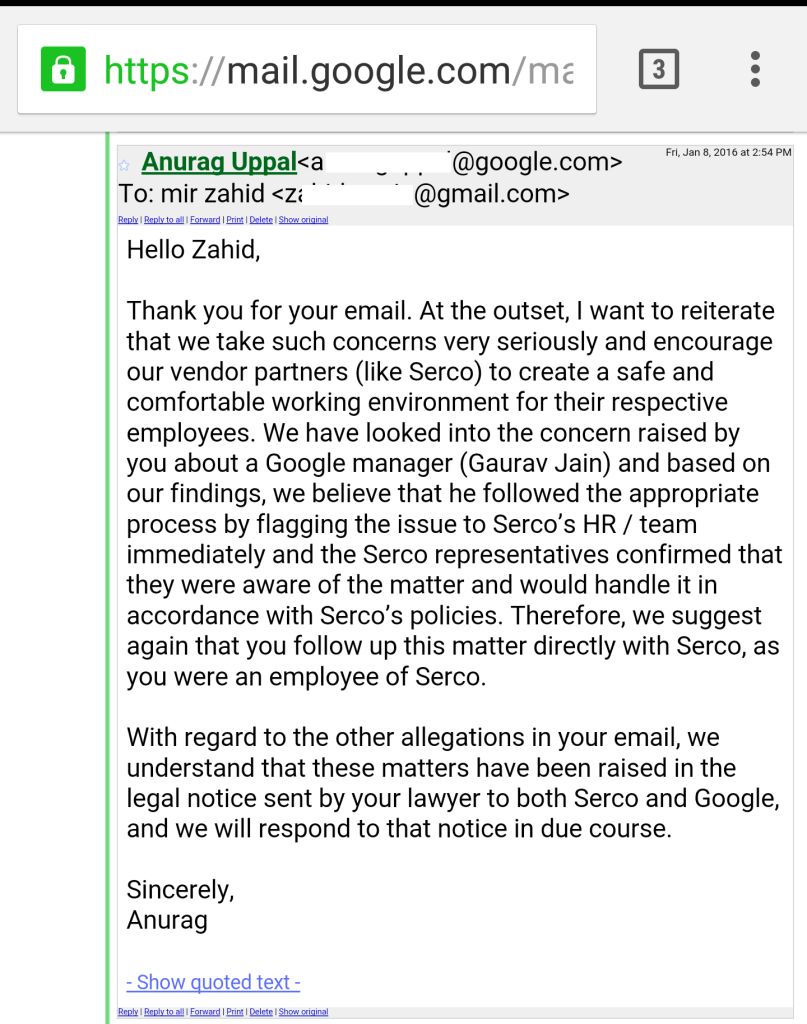
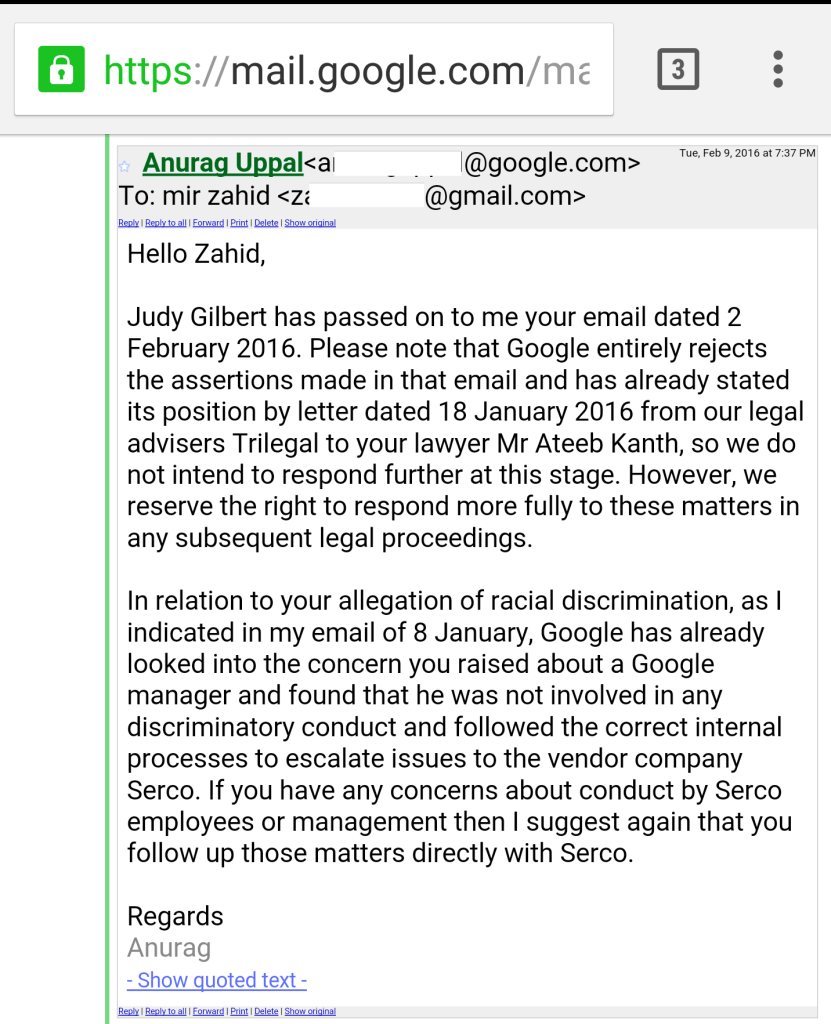



‘Gorkhaland’ movement Intensifies: GJM begins indefinite strike
SAM Staff, June 12, 2017The Gorkha Janamukti Morcha (GJM) will go on an indefinite strike from Monday demanding a separate state of ‘Gorkhaland’.
“We will go on strike from Monday. Bengal government takes so much revenue from us but it only encroach our territory. We want our Gorkhaland and will not negotiate on this matter. We will not do any violence,” Gorkha Janamukti Morcha (GJM) president Bimal Gurung had told ANI.
Meanwhile, GJM general secretary Roshan Giri said that an all party meeting has been called on June 13 to discuss the matter.
“Offices of Gorkhaland Territorial Administration, Bengal government and Central Government will be closed from Monday. Court will be open. Banks will be open on Monday and Thursday.
School and colleges have been exempted from bandh. We appealed to put all sign boards in Darjeeling, Kerseong, Kalimpong, Mirik and other places in Nepali and English,” Giri said.
“We have also written to Home Minister Rajnath Singh apprising him as to how West Bengal suppresses us,” he added.
On Saturday, Gurung asked West Bengal Chief Minister Mamata Banerjee not to do or promote ‘divisive’ politics in the state.
“I request Mamata Banerjee that she is a chief minister and she must not do divisive politics. Her dictatorial politics will find a place in the Guinness book soon,” Gurung told ANI.
He assured that the GJM will talk to the Centre as the state government is trying to suppress Gorkhaland for her own political interest.
“We will talk to the Centre and will send a letter to Prime Minister and Home Minister as well regarding all the atrocities. The state government is doing to suppress Gorkhaland for her own political interest,” he said.
On Friday, a PIL was filed in the Calcutta High Court against the bandh called by GJM in Darjeeling, declaring it to be ‘unconstitutional and illegal’.
The matter will be brought up for hearing this week.
Chief Minister Banerjee has branded the GJM protest as ‘abhorrent’ and appealed to the people of the region to maintain peace.
The GJM supporters are also protesting against the alleged imposition of Bengali in the schools of the hills.
The agitation arose from an announcement made by Mamata Banerjee earlier that Bengali would be taught compulsorily up to Class 10 in the state schools.
After the GJM cadres clashed with the police following their protests against Mamata’s visit to Darjeeling and her decision to make Bengali compulsory in syllabus of schools across the state, the Army was called in to control the situation.
According to reports, the protest led by the GJM turned violent after protesters resorted to vandalism as they torched police vehicles and attacked policemen.
http://southasianmonitor.com/2017/0...m-begins-indefinite-strike-across-darjeeling/

The Gorkha Janamukti Morcha (GJM) will go on an indefinite strike from Monday demanding a separate state of ‘Gorkhaland’.Evidently, you not read what you have posted.
For if you had, you would have realized that the issue at hand is neither Separatist nor an insurgency.
Discriminated, tortured, and forced to resign, story of a Kashmiri Muslim.
May 24, 2017
DISCLAIMER: The names of people, names of places have NOT been changed, because we believe that the people who discriminate should be unmasked in front of the public.
This is a story of a Kashmiri Muslim who worked at a Google India Site and was victimized, tortured, discriminated and forced to resign from his work on the basis of just being who he is, a ‘Kashmiri Muslim’.
The story gets more haunting and terrifying after his forced resignation, when he approached different Indian National Media to bring this case under limelight so that it may not happen again with anybody else. Not only did the national media turn him down, the alternate media also didn’t pay any heed to his suffering even when he had all the proof of what he had gone through.
Below is the email, untouched and unedited, that he has sent to numerous media organizations but to no benefit. Read on:
This is to bring to your attention a ‘matter’ that has victimized me as a vendor employee of Google India hired by Google’s valued Ad-words partners in India (Serco Global Services) to provide services to Google Ad-words customers at Google’s data centre in Gurgaon, Haryana, India.
I have tried several other ways to address the problem that I faced as a Kashmiri Muslim with Google and a company named Serco Global Services that works with Google India. I am writing to you after exhausting all other means to bring to the attention of the authorities certain malpractices and racist/anti-Kashmiri-Muslim behavior that I faced at Google Rolta Towers, Gurgaon,india.
My name is Zahid, I worked as an online strategist (Google Ad-words account manager) for Google ad-words ETO team India (External Tele Operations) at Google India office, first floor, Rolta Towers, Gurgaon, India. At Google, I worked with sincere dedication for eighteen months.
During those 18 months, I performed as a high achiever for which I was duly awarded, granted appraisals and bonuses. It is safe to say that I was groomed to work in particular ways as my seniors at the office directed and advised me from time to time.
It is important to mention that I come from the conflict-ridden region of Kashmir. I was discriminated against on the basis of my identity as a Muslim and Kashmiri which I had brought to the attention of seniors at various times. I was often provoked by middle management and a few co-workers to discuss the politically volatile nature of my state which I always avoided.
One such incident occurred in September 2014 when my Avaya was plastered with a note ‘Hindustan zindabad’ (long live India) as a way to single me out and question my integrity in racial/religious terms. I brought this matter to the attention of my Google reporting manager, Mr. Gaurav Jain but to no avail. Instead, it led to further ridicule.
Following this incident, when Google denied help, another incident happened at the office (Google Rolta). I was handed a direct third level performance based warning letter (which I was not responsible for). The evaluation date was January 25, 2015 while the audit date was January 26, 2015.
Anyone familiar with the public holiday system in India would know that in the year 2015, January 25 fell on a Sunday and January 26 was India’s Republic Day. No offices are open or operational on these days in India. I was handed a warning letter on behalf of Google India at Google Rolta in a room booked by Google ETO after what could be a complaint from Google India and was informed it was a ‘gift’ for me on Republic Day.
Google ETO’s divisional manager Mr. Thomas Brat came for a three-day professional visit to Google Rolta (my place of work). On the last day of Mr. Brat’s visit, the whole team was gathered in the conference room for an interactive session. Gaurav Jain invited everyone except me but I wanted to introduce myself to Mr. Brat so I tried to enter the room. Another Google ETO manager Vishal vaid tried to stop me and told me that you will pelt stones at Thomas, that’s why you will not enter the room.
I was often taunted with being told: “if you don’t say Hindustan zindabad (‘long live India’), your sale won’t be updated” The call quality managar Harsh Garg often used abusive language against me. He along with my team leader and assistant manger often called me names. Especially On Fridays they often used to come to me and ask in a very rude way: “What’s in the bag, what’s in the bag”. When Google security used to check my bag, then why they repeatedly asked these insulting questions?
Gaurav Jain had problems with my wearing a khan shalwar as well. He told me not to wear it. I am not sure why my style of dress bothered him so much?
I ignored these incidents but this psychological torture affected my mental health to a great extent. It was quite evident to me that Google India and its Ad-words partners in India (Serco) were looking for excuses to get me out of the company as they often used to tell me that “it’s better for you to look for a job in your own country”. I still kept working. I made a good contribution to the business since I was a top performer.
in July 2015, I was told that the higher authority of Google has complained about my action of contacting and acquiring an account which I was instructed to do by my team-leader and later I was threatened to hand in my resignation along with a written confession that I had engaged in an illegal practice (which was not only encouraged but rewarded apriori)? was further forced to write that ‘my intentions to acquire an account were based on my personal greed and Google India and serco bpo had no involvement in it’. When I rejected to do so, I was threatened, harassed and cornered and my Google access card was forcibly taken from me and I was told to leave google premises. I left and soon after realized Google Mountain-view California erased my employee details from google’s intranet,11 days(approx.) prior to my resignation under duress with their partners in india at google rolta towers gurgaon without affording me an opportunity of being heard. Furthermore, my dues were not paid in full, I have been black listed in Google and my career is wrecked.
In November 2015, I served Google India and Serco Global Services with legal notice from Kashmir regarding the way I was forced to resign which they did not respond. After that I raised the issues (discriminatory practices and unfair expulsion) with Google leadership in California who assured me that they would have a close look at my case and followed the appropriate protocol by transferring my case to my concerned department at Google Singapore. It was only after this that Google India and Serco replied to my legal notice in a very threatening and diplomatic manner with half-baked truths and falsified facts. The on-going email conversation with Google Singapore was also not fruitful as they too chose to side Google India’s response by washing its hands off the issue and told me to contact Serco regarding the discriminatory practices at Google India’s office?
I replied back to the contents of notice to Google Mountain-view California via email, and told them that I did not want a legal battle but wanted Google-plex to investigate my case properly. However, they didn’t honor my request to investigate the matter further and refused to elaborate. They again transferred me to Google Singapore. Google Singapore says: “we don’t intend to respond further; however we reserve the right to respond to any subsequent legal proceedings.” Thus they left me with the only choice to seek legal redress and access any competent forum for help.
It has been more than 1.5 years since I contacted various media outlets and human rights law firms for help but unfortunately I have got no response. I contacted all the leading newspapers and magazines but have not received any positive response from that quarter either. They listen to my story but after that they go silent without even bothering to investigating what I have said.
It seems this kind of discrimination against religious minorities is routine in India, hence it receives little or no attention from any quarters.
warm regards,
zahid s
The screen shots of a few of the mails that Zahid has sent to different people has been attached as Proof.




Google India has not yet been contacted for their say in this case.
This is an Op-Ed.
http://www.nigahban.com/discriminated-tortured-and-forced-to-resign-story-of-a-kashmiri-muslim/

 ........ LOL at his sense of entitlement.
........ LOL at his sense of entitlement.
The Gorkha Janamukti Morcha (GJM) will go on an indefinite strike from Monday demanding a separate state of ‘Gorkhaland’.

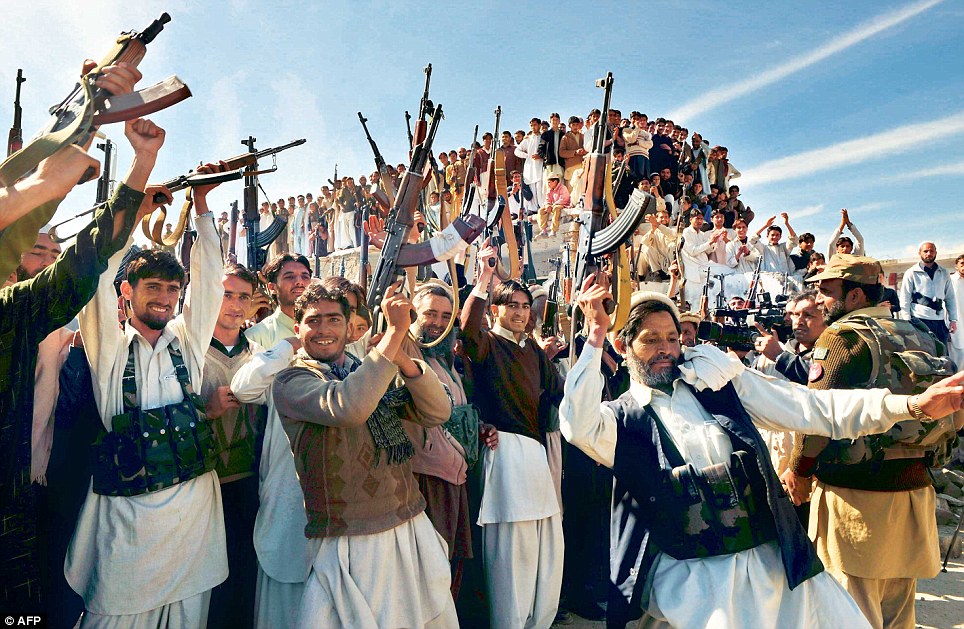





THE GORKHALAND DEMAND
‘Racism I face in mainland India reinforces this view
Aqui Thami
Scroll.In

When I read a tweet about Suraj Bhusal being shot dead by the paramilitary forces, I called my father in Kurseong, Darjeeling, immediately, and asked him what he was doing.
“Going for the funeral march of Tashi Bhutia, who was shot the night before,” he replied.
Bhusal had been walking in a pro-Gorkhaland procession in Darjeeling when he was killed. I begged my father not to go – from faraway Mumbai, it seemed as if the paramilitary was out to kill anyone who were part of the Gorkhaland protest. There had been two shootings in less than 10 hours. My father said, “Ae nani Gorkhaland ko lagi... marcha bhanae maroshh.” For Gorkhaland... if they’ll kill me, let them.
110 years old demand
The Darjeeling and Kalimpong districts along with the Duars region at the foot of the Himalayas form the proposed state of Gorkhaland. The ethnolinguistic cultural sentiments of the people living in these parts of West Bengal form the basis of the demand for a separate state within the Indian Union. This movement is supported by the Nepali- or Gorkhali- (a version of Nepali) speaking Gorkha ethnic group of North Bengal. The demand for a separate unit has been there since 1907, when the Hillmen’s Association in Darjeeling submitted a memorandum to the Minto-Morley Reform Committee, demanding a separated administration set up. In the 1980s, the agitation took a violent turn.
I wasn’t born during that agitation but heard stories about it from the elders in my family. On May 5, 1986, at a march in Kurseong demanding autonomy for the hills, five people were shot dead by the paramilitary forces. The violence took a much brutal shape thereafter. My uncle was jailed for four months, during which time he almost lost his life to grievous beatings. He was never involved in politics – he still isn’t.
During the 1980s, men were routinely rounded up by the armed forces. They were either taken to prison or assassinated (according to official estimates, the movement left 1,200 people dead). This meant women and children were left alone at home, routinely making them vulnerable to rape and sexual harassment. These incidents were never reported, no relief was provided to the victims, my family says. It’s just what ordinary life was like.
From that time on, the people of Darjeeling grew up in an atmosphere of fear and trauma. This was why my parents sent me to college in Hyderabad and later, Mumbai. They made sure I was away from the heart of the resistance and the anxieties it brings – except I have never really escaped it.
Humiliation by a million cuts
The night my father went to attend Tashi Bhutia’s funeral, I couldn’t get through to anybody’s phone in the hills until late at night. I was worried sick. None of my friends from Darjeeling, who had migrated from home for safety, better education or jobs, could call home either – the internet had been banned and we suspected that phone lines had been cut too.
Irrespective of our religion, caste, tribe or location in the world, my friends and I have considered ourselves part of the Gorkha community. Like my parents and grandparents, my generation has always believed in the demand for Gorkhaland.
I was 15 when I left home to attend high school in Siliguri. Growing up on the mainland during those years, I came across many versions of the person I was supposed to be, as a Gorkha person. These opinions were incompatible with what I had experienced as a child growing up in Darjeeling. In junior school, my teacher Miss Lama often told us we are the daughters of Kangchenjunga – so she reminded us to be righteous.
In college, people would greet me with “Salaam Saabji”, mimicking accents they had seen actors perform in the movies. When people learn I’m from Darjeeling, they say something about tea, without fail. A professor once reasoned that Gorkha/Nepali women are trafficked in such unbelievable number, because we are beautiful and soft.
The media tells stories about us that have become part of our lived experiences. The stereotype of a Gorkha watchman that struggles to speak in Hindi might be comic relief for some, but it causes irreparable psychological harm to the Gorkha community. The majority of mainland Indians do not even think they are being racist when they use the term Gorkha interchangeably with the word watchman.
Old resistance, new blood
Thanks to my degree in Dalit and tribal studies, I was able to see these endless examples of people mistaking my ethnicity for an occupation, for what it really is – a consequence of the jati framework followed by caste Hindus, where the occupation of a person translates into their identity. But the Gorkha identity is a meta identity of the people residing in the hills of Darjeeling, Terai and Duars. The language adopted in these parts is Nepali.
I began to realise that there are few people from the Gorkha community in positions of power. A majority of the people who migrate to metropolises become part of the labour force – in contrast to other communities that migrate from Bengal.
Being a historically oppressed community renders our voice inaudible. There is a confusion that surrounds the Gorkha identity, since what we are defined as has always been determined from an external source –either by Nepali citizens claiming that our ancestors were from the Gorkha district in Nepal, or the colonial classification of the Gorkha as a soldier. This is a deliberate strategy for exploiting us (as soldiers, plantation labour) or dividing us.
While the government ignores the deaths of the Gorkhas in the hills, the Gorkhas outside have begun to re-examine our histories. We discuss our ethnicity, our Gorkha identity, the indigenous knowledge systems that are now defunct, the persecution of the Gorkha population in parts of the Northeast and in Bhutan.
On June 8, when the shutdown in the hills began, people I hadn’t spoken to since I was in school, called me from various cities across mainland India. They are people like me – with no political affiliations, in diverse professions, people who grew up hearing stories of the andolan in the 1980s, people like me who shrug off racist comments every day of their lives.
Only demand is equality
There are those of us who want to go back and experience the revolution, and contribute to it in some way. The fear of the paramilitary has percolated from our grandparents and parents to us. We are scared but we speak often, about how the dream of Gorkhaland, alive since the 1980s, might finally be realised. We talk about organising and executing campaigns in the cities to mobilise people, make a noise loud enough for the government to pay attention to.
Through the conversations, it was apparent that no matter how near or far we were from home, we are united in our search for a sense of belonging. The creation of a separate state of Gorkhaland in the Indian Union will warrant that we are no longer deemed foreigners in our own land. We are pushing back the stereotyping, the negative pathologies and the racist hate against the Gorkha community, so we are accepted as equal citizens in our own home.
http://www.weeklyholiday.net/Homepage/Pages/UserHome.aspx?ID=10&date=0#Tid=14411
